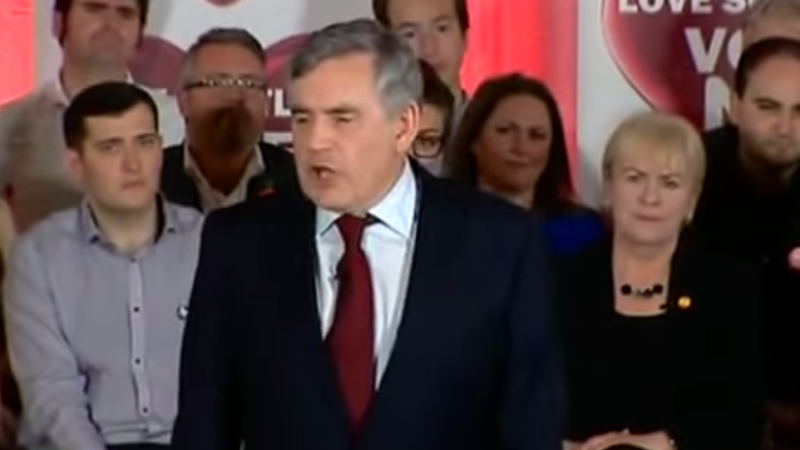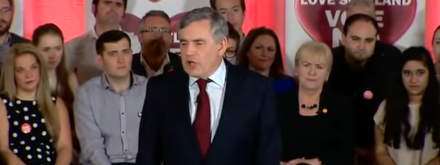

Scottish Labour leader Kezia Dugdale’s backing for a people’s constitutional convention to transform the UK into a federal state is yet more evidence of the growing recognition of the need for fundamental constitutional change. It follows similar proposals from Gordon Brown over the last month.
It is not, of course, the first time that such calls have been made. Some leading voices in Labour have been calling for a federal UK for years. Nevertheless, Kezia’s commitment as leader of Scottish Labour is a significant and to my mind welcome development.
So the mood in Labour for a properly federal UK is clearly strengthening. But how can that general mood be turned into firm policies, which can then be put made into a reality?
First, there needs to be more clarity about what is meant by “federalism”. From the range of views expressed, it is clear that for some people “federalism” simply means some more devolution for those parts of the UK which want it, which does not in reality change the UK into a federal state.
Others recognise that federalism inevitably means that all parts of the UK must have its own legislative assembly, whether that is in the form of an English Parliament, assemblies for English regions, or a system like the current EVEL arrangements to give MPs from England enhanced decision-making, on matters which only affect England.
Still others want to go as far as turning the UK either into a fully confederal state, or one where different parts have shared competence over at least some areas of legislation – an idea for which Gordon Brown expressed some support in November.
Secondly, Labour needs to ensure that its policy on federalism is one that is adopted, agreed, and promoted by the party across Britain, not just in Scotland and a few other parts of the UK. Much of the Labour Party in England has not been noticeably enthusiastic in the past about regional government in England, or an English Parliament. The policy needs to be argued for as a part of a fundamental shift of power back nearer to people across the UK. Federalism is not truly federal if it only applies to some parts of a state.
In her speech today, Kezia Dugdale calls on the UK government to take the initiative to set up a people’s constitutional convention. Maybe Theresa May might surprise us, but I suspect she will not be rushing to do that, so that is why Kezia was also right to call for Labour to take the initiative to set one up. Such a convention would not, of course, be credible if it was a Labour-only initiative, so the concept would need to be taken forward on a cross party and a non-party basis in the way that the Scottish Constitutional Convention was in the 1990s.
However, to build up the momentum for such a convention, Labour also needs to develop its own ideas on what a federal UK could look like. And if that policy development is to be accepted by Labour across Britain, it needs to be a joint venture for Scottish and Welsh Labour, along with English Labour. Labour should now begin a comprehensive process of consultation and policy development on federalism, to involve all parts of the Labour movement – members, parliamentarians in Westminster and the nations, cities and other local councils, trade unions – and the wider public as well.
In her speech, Kezia highlighted the work of the Commission on Social Justice set up by John Smith. Now is surely the moment for UK and Scottish Labour to jointly establish its own wide-ranging policy commission on the reform of the UK state, to inform its contribution to a future People’s constitutional convention. And who better to lead such a commission than Gordon Brown, given his radical commitment not just to a UK constitutional convention but to a transformation of the UK state?
Mark Lazarowicz was Labour MP for Edinburgh North & Leith between 2001 and 2015 and was a member of the Scottish Constitutional Convention.




More from LabourList
‘Labour won’t stop the far right by changing leaders — only by proving what the left can deliver’
‘Cutting Welsh university funding would be economic vandalism, not reform’
Sadiq Khan signals he will stand for a fourth term as London Mayor